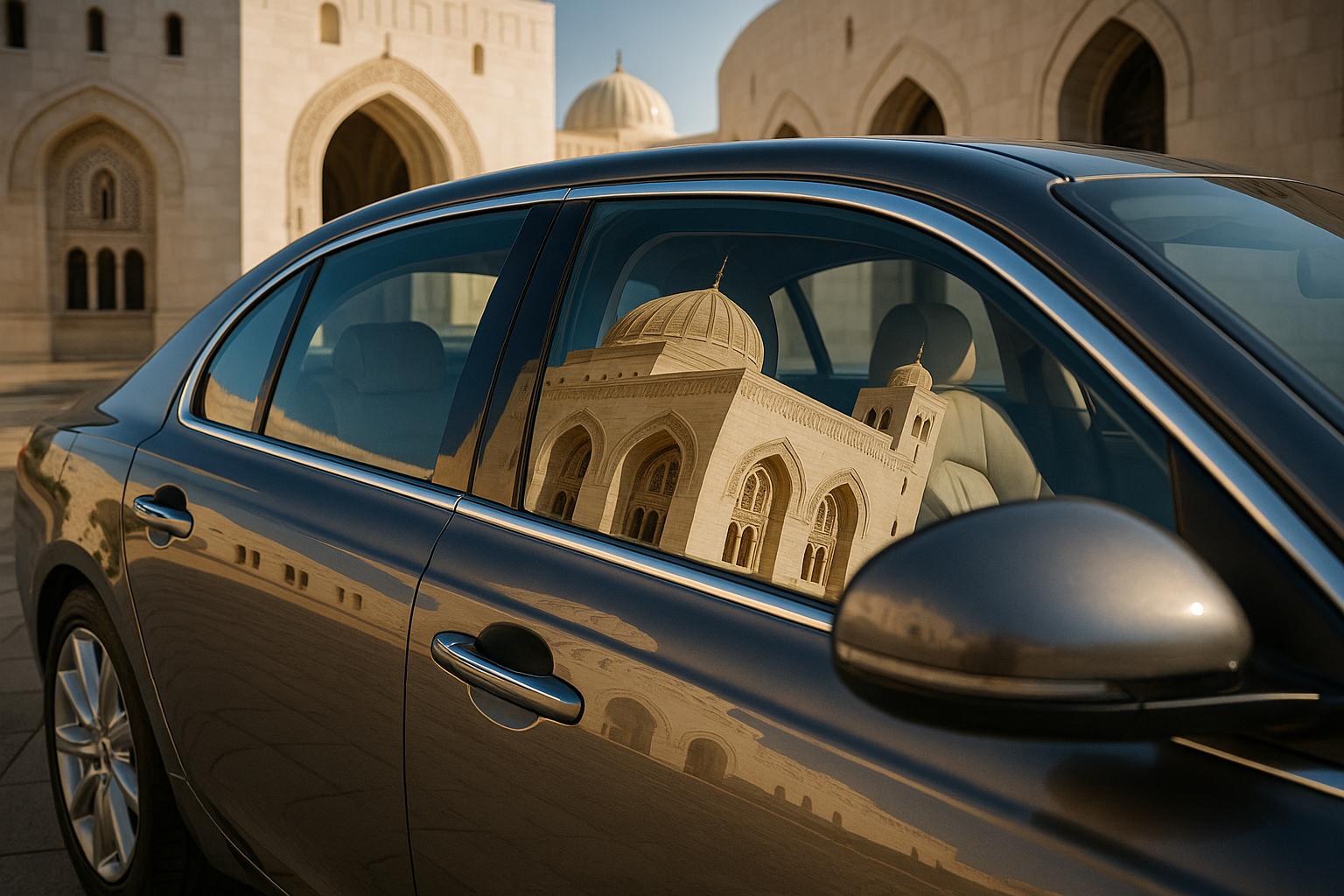Oman and the United Kingdom are deepening their economic ties, with both countries reaffirming a strong commitment to enhancing trade and investment relations. Central to this development is the advancing negotiation of a free trade agreement (FTA) between the Gulf Cooperation Council (GCC), of which Oman is a member, and the UK. The aim of this agreement is to broaden economic partnerships and increase trade flows on a more substantial level.
A recent virtual meeting between Qais bin Mohammed al Yousef, Oman’s Minister of Commerce, Industry and Investment Promotion, and Sir Chris Bryant, the UK’s Minister of Trade Policy, reviewed progress in these talks. Both parties expressed eagerness to conclude the coming negotiation rounds and move toward the agreement’s signing, highlighting the potential for a long-term economic partnership based on mutual interests and complementary investments. Al Yousef specifically noted that the FTA would expand opportunities for trade in goods, services, and investment, facilitating market diversification and boosting bilateral commerce. The dialogue also touched on strengthening cooperation between private sectors in both countries and enhancing the function of the Oman-UK Strategic Advisory Group to promote trade and investment activities.
Trade between Oman and the UK has grown impressively, with Omani official figures indicating bilateral trade reached around RO 221.7 million by the end of 2024. British direct investment in Oman rose significantly, surpassing RO 158 million and encompassing 632 British-owned companies—a 52 percent rise from 2023. This surge demonstrates the UK's firm position as one of Oman’s most trusted and significant investment partners, reflecting increasing confidence in the Sultanate's market potential. British firms, initially prominent in oil and gas, are now diversifying into sectors such as industry, technology, and logistics, signalling a shift toward a more varied economic relationship.
Historical investment data underscores the strength of this partnership. Since 1970, the UK has contributed over half of Oman’s cumulative foreign direct investment (FDI), approximately £28.9 billion. This relationship accelerated following the 2022 Sovereign Investment Partnership agreement, which catalysed an additional £8.7 billion in UK investments, including a record £4.5 billion in 2024 alone. This recent investment outstrips the combined lifetime FDI from Germany, China, Qatar, and the UAE, positioning the UK as the largest FDI source in Oman. British companies are notably leading green hydrogen projects—the Sultanate's emerging global industry—with five out of eight major international consortiums led by UK firms planning investments of around £4 billion by 2040, promising substantial job creation and local supply chain development.
Trade data, however, presents a nuanced picture. Reports for the year leading to the end of Q1 2024 show UK-Oman trade reaching approximately £1.4 billion, reflecting an 11.4 percent increase from the previous year. UK exports to Oman hit £1 billion, balanced evenly between goods and services, while UK imports from Oman rose sharply by nearly 44 percent to £312 million. Despite this growth, more recent data to Q1 2025 indicates a slight reversal with total bilateral trade falling by 4.6 percent to around £1.6 billion. UK exports dropped by almost 10 percent, driven by declines in goods exports, while imports from Oman continued to grow at 12 percent. The UK maintained a trade surplus with Oman, though it decreased compared to the prior year. Oman remains the UK’s 77th largest trading partner overall, a modest ranking but still representing a critical niche market and investment destination.
The sixth round of GCC-UK FTA negotiations, held early in 2025, made substantial progress with discussions covering 21 policy areas and advancing draft treaty texts. The UK government has emphasised that any agreement will safeguard high environmental, health, and regulatory standards, and notably, the National Health Service and public services will remain off the negotiation table. The FTA is expected to be of considerable economic importance, reinforcing the strategic partnership between the UK and GCC countries, including Oman.
Supporting these diplomatic and trade developments, the UK has consistently reiterated its commitment to Oman's Vision 2040 economic reform plan. British investments now include machinery, electronics, and consumer goods to meet Oman’s growing market demands, complementing traditional energy sector ties. The UK government’s intent to foster diversified economic links aligns with Oman’s ambitions to reposition itself globally through innovation-led growth and green technology investments.
In summary, the evolving UK-Oman relationship exhibits strong momentum underpinned by robust investment flows and expanding trade volumes. While recent trade figures show some short-term fluctuations, the long-term outlook remains positive, particularly with the potential finalisation of the GCC-UK free trade agreement. For investors and entrepreneurs, this nexus offers promising avenues for expansion into diverse sectors, supported by a stable and deepening partnership bolstered by strategic dialogue and targeted cooperation initiatives.
📌 Reference Map:
- Paragraph 1 – [1], [5]
- Paragraph 2 – [1], [5]
- Paragraph 3 – [1], [2], [6]
- Paragraph 4 – [2], [3], [4]
- Paragraph 5 – [4], [5]
- Paragraph 6 – [6], [1]
- Paragraph 7 – [1], [2], [3], [4], [5], [6]
Source: Noah Wire Services
